Artist: Frank Zappa Album: Jazz From Hell
Year: 1986Duration: 0:0-1
Jazz From Hell by Frank Zappa: An Uncompromising, Experimental Masterpiece
In the early 1980s, legendary musician Frank Zappa was at a crossroads. He had released a string of challenging, often baffling albums that confounded critics and casual listeners alike. But with the release of Jazz From Hell in 1986, Zappa unveiled a work of uncompromising genius that would be heralded as a classic of experimental composition and musicianship. In this critical review of Jazz From Hell, we'll take a closer look at the album, examining its history, genre, best songs, most innovative parts, and overall impact on Zappa's legacy.
Frank Zappa was no stranger to experimentation and musical innovation. Born in Baltimore, Maryland, in 1940, Zappa grew up in a family that valued classical music and encouraged him to play a variety of instruments. Early in his career, Zappa established himself as a critical voice in the emerging counterculture of the 1960s, with his band The Mothers of Invention releasing a string of mind-bending albums that were equal parts rock, jazz, and avant-garde soundscapes.
By the time Jazz From Hell was released in 1986, Zappa had spent years working as a composer and producer, honing his skills in the studio and exploring new directions in his music. The album, which consists entirely of instrumental compositions, is a departure from Zappa's earlier work in some respects, emphasizing intricate guitar solos and complex time signatures over traditional rock and roll structures. But Jazz From Hell is also a return to form for Zappa, showcasing his brilliant musicianship and boundless creativity.
The best songs on Jazz From Hell, in my opinion, are St. Etienne, G-Spot Tornado, and Night School. These tracks feature some of Zappa's most mesmerizing guitar work, backed by a tight ensemble of musicians who push the boundaries of jazz and rock. G-Spot Tornado is particularly impressive, with its dizzying guitar riffs and frenetic pace.
One of the most innovative parts of Jazz From Hell is Zappa's use of the Synclavier, a digital synthesizer that allowed him to compose and manipulate music in ways that were previously impossible. The Synclavier gives many of the songs on Jazz From Hell a futuristic, otherworldly sound that's still astonishing today. But beyond the technical wizardry, Jazz From Hell is also a deeply emotional album, with Zappa's guitar work conveying a range of moods and feelings.
Overall, Jazz From Hell is a complex, challenging album that rewards careful listening and repeated spins. Some listeners may find it too esoteric or difficult to grasp, but for those who are willing to take the journey, the rewards are immense. Jazz From Hell stands as a testament to Frank Zappa's singular vision and his endless quest for musical innovation.
Frank Zappa was a true original, a musician and composer who pushed the boundaries of what was possible in rock and roll, jazz, and beyond. With Jazz From Hell, he charted a bold new course for his music, embracing the digital age and experimenting with new sounds and structures. While the album is not for everyone, it remains an essential part of Zappa's legacy, a work of uncompromising genius that continues to inspire and challenge listeners today. If you're a fan of adventurous, genre-defying music, I highly recommend giving Jazz From Hell a spin. You won't be disappointed.
Frank Zappa was a true original, a musician and composer who pushed the boundaries of what was possible in rock and roll, jazz, and beyond. With Jazz From Hell, he charted a bold new course for his music, embracing the digital age and experimenting with new sounds and structures. While the album is not for everyone, it remains an essential part of Zappa's legacy, a work of uncompromising genius that continues to inspire and challenge listeners today. If you're a fan of adventurous, genre-defying music, I highly recommend giving Jazz From Hell a spin. You won't be disappointed.
Frank Zappa albums
Other #Jazz albums:
SIMILAR BANDS
balls, from 1 to 5, describe similarity between the two bands
SOMETHING NEW? LISTEN TO RADIOGENRE
SUGGESTED PLAYLISTS

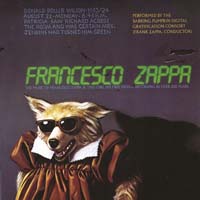
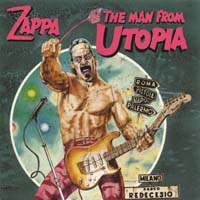
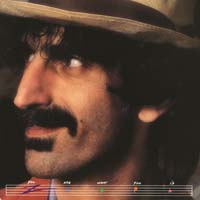
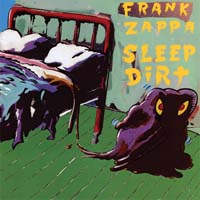
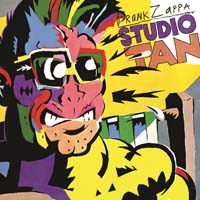
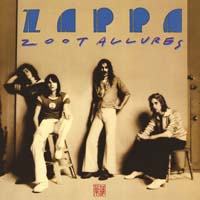

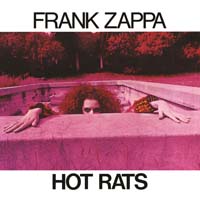
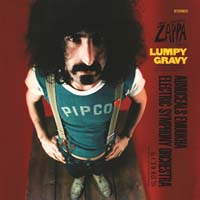
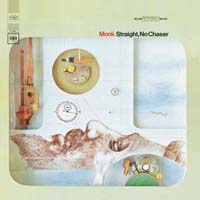
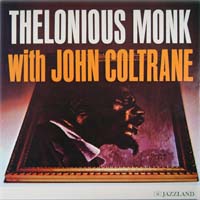
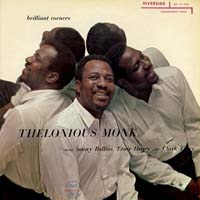
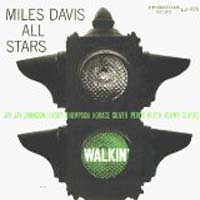
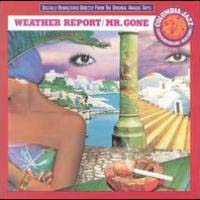
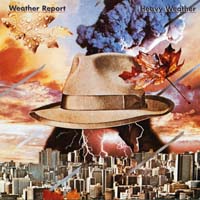
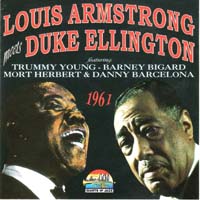
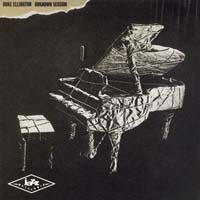
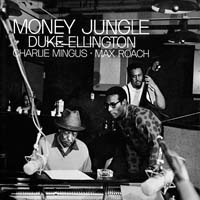
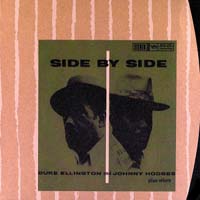
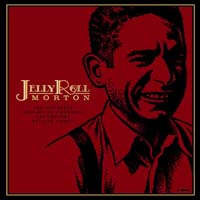
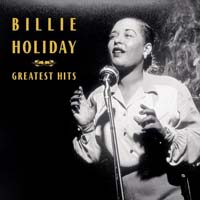
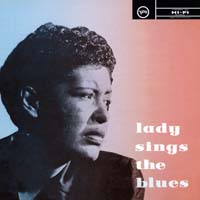
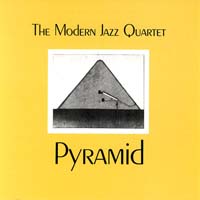
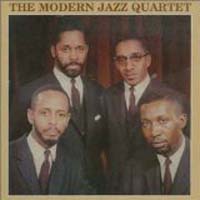
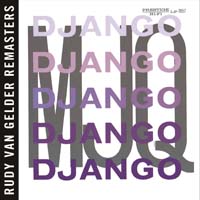
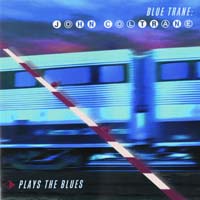
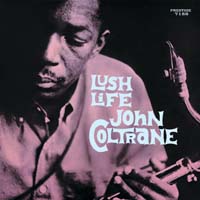
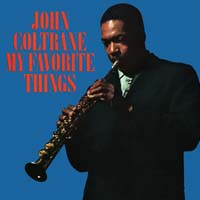
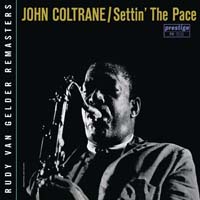
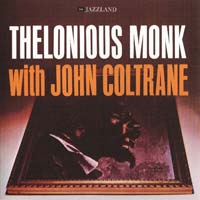
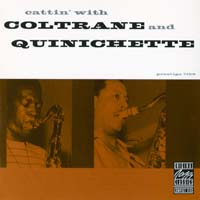
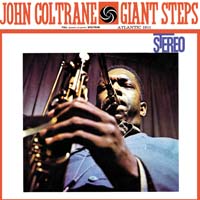
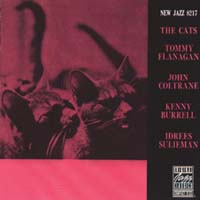
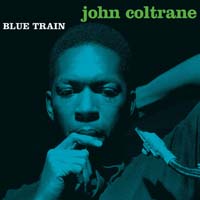
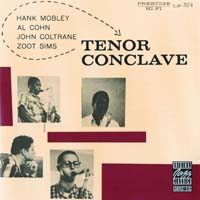

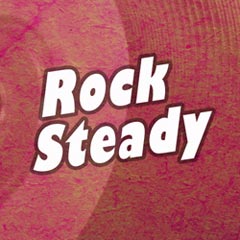 Rocksteady
Rocksteady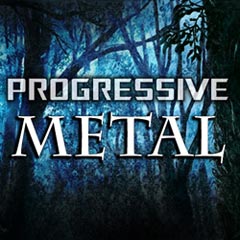 Progressive metal
Progressive metal Mokum Sessions
Mokum Sessions Bossa nova
Bossa nova Post punk
Post punk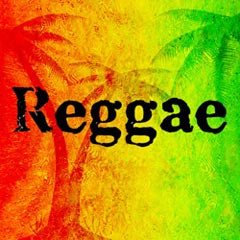 Reggae
Reggae Rap metal
Rap metal Rumba
Rumba Punk
Punk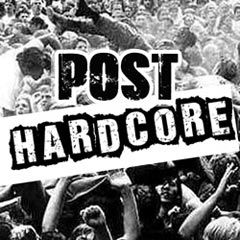 Post hardcore
Post hardcore The very best of suicide girls
The very best of suicide girls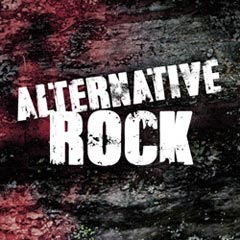 Alternative rock videos
Alternative rock videos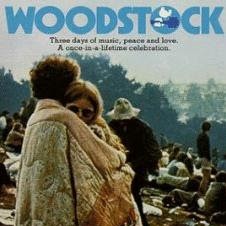 Woodstock, a piece of rock music history
Woodstock, a piece of rock music history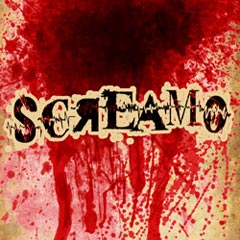 The very best of screamo
The very best of screamo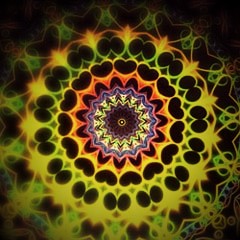 Falling into a distorted view
Falling into a distorted view Inside the arena jump up
Inside the arena jump up The very best of world music
The very best of world music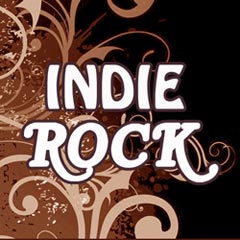 Best indie songs
Best indie songs The silk journey, from India to Flamenco
The silk journey, from India to Flamenco